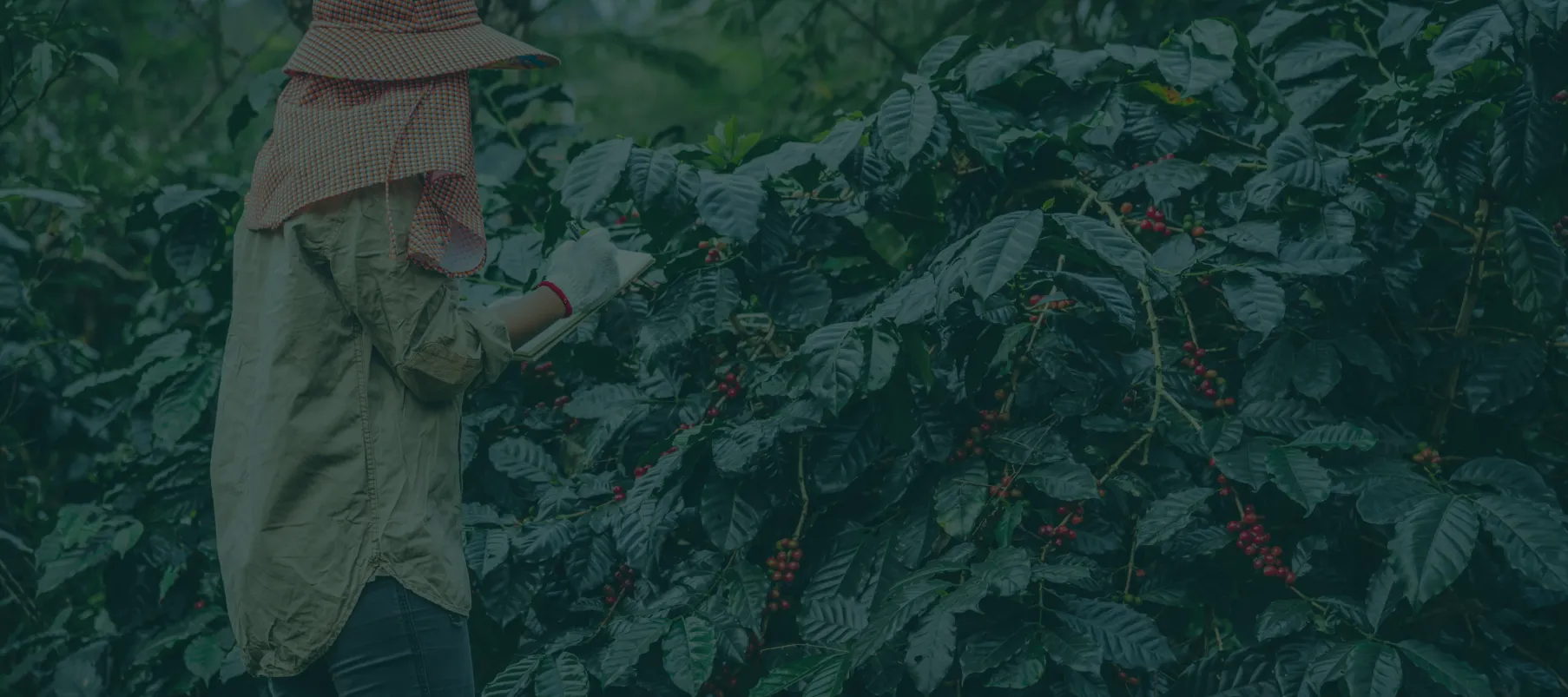Our Farms
The Land Is Borrowed. Our Duty Is to Leave It Better.
We believe that the most profitable asset is a resilient one. At K2, we manage each farm as an asset in transformation – nurtured, diversified, and restored to generate durable value for our partners.
Where Our Philosophy Where Gets Put Into Practice
We don’t follow templates. We follow a belief that land, when truly understood and carefully restored, gives back more than it takes.
Across every region and season, our farms are shaped by three enduring principles:
Productive Diversification
“Resilience is Built on Diversity.”
Each K2 farm is designed as an integrated, multi-layered ecosystem blending perennials, short-cycle crops, and livestock where appropriate. This structure delivers early, diversified revenue streams while building long-term yield and ecological resilience
“Resilience is Built on Diversity.”
“We don’t extract value from the land. We build systems that renew it.”
Environmental Resilience
“We don’t extract value from the land. We build systems that renew it.”
We manage every acre with the future in mind, enhancing soil organic carbon, improving water use efficiency, and preparing each site to withstand climate volatility. Regeneration isn’t a buzzword we throw around to investors. It’s our core method of how the land becomes more valuable over time.
Local Partnership
“Lands thrive when the people who work them also benefit from them”
Our operations are run by trained local experts who know the land, its rhythms, and its history. We bring structure, systems, and strategy, but the soul of every farm belongs to those who walk it every day.
“Lands thrive when the people who work them also benefit from them”


Our Farms
Browse through the various investment regions where we grow wealth and food through regenerative, multi-crop systems.
Case Study
Diversification in Action:
A 3.1x Return from a Single Asset.
The Challenge
Through our deep local network, we identified a prime 150-acre coffee estate that was not on the open market. The property was underperforming, with steadily declining yields due to depleted soil health from years of monoculture farming and a lack of capital for necessary reinvestment. This allowed us to acquire a fundamentally high-potential asset at a significant discount to its intrinsic value.
Our Solution
Our team took direct operational control. We implemented our integrated ecosystem model, transitioning from monoculture to a resilient, multi-layered agroforestry system. This involved introducing shade-grown coffee under native trees, intercropping with high-yield black pepper vines, and establishing a small, on-site dairy unit to create a closed-loop organic fertilizer system.
In parallel, we identified the estate’s untapped potential for ag-tourism. We renovated the existing heritage bungalow into a high-end, five-suite homestay, creating a new, non-correlated revenue stream with minimal additional capital.
The Result
The operational turnaround was swift. Within 24 months, our regenerative practices led to a 15% increase in soil organic carbon and a measurable improvement in water retention. By Year 3, the estate was generating diversified income from three sources: coffee, premium spices, and the now-profitable homestay.
At the end of Year 5, the transformed, high-yielding, multi-revenue asset was sold to a strategic buyer. The result was a 3.1x gross return on invested capital, demonstrating the power of our operator-led approach to unlock value and deliver superior, non-correlated returns.
15%
Soil Carbon Levels Increased
12%
Water Retention Improved
Book An Investment Consultation Slot With Our Team
Let’s help you take the first step toward owning farmland that lasts generations.
Connect with us and we'll tell you more
*We’ll never share your information. Our team will reach out personally to guide you through opportunities, the process, and what comes next.
FAQs
Where are K2’s farms located?
We operate in India and the US in carefully selected agro-climatic zones.
Do you disclose specific farm locations?
No. For reasons of discretion and operational security, we do not disclose farm names or locations publicly.
What kind of crops do your farms grow?
Our farms are designed for diversification, often combining perennials, short-cycle crops, and complementary livestock systems.
Do all K2 farms follow the same model?
No. Each farm is tailored to its local ecology, climate, and market conditions while adhering to our core regenerative principles.
Are your farms monoculture or diversified?
All K2 farms follow a diversified model to reduce risk, enhance resilience, and improve soil health over time.
How do you choose farmland?
We select undervalued land in high-potential agro-climatic zones based on soil quality, water access, and long-term productivity.
Do you own the farms directly?
Farms are held through structured entities for compliance and investor security. Legal title and operating control are fully established.
How do you improve soil health?
We use regenerative techniques such as cover cropping, intercropping, compost systems, and reduced tillage.
Do your farms use synthetic fertilizers?
We prioritize organic and biological inputs, and reduce synthetic use over time as part of our soil restoration model.
What’s unique about K2’s farm management?
Our team includes experienced operators, not just financial managers. Every farm is managed by professionals who understand the land.
Do you use technology on your farms?
Yes. We integrate ag-tech for monitoring soil health, water use, and productivity across all farms.
How is farm performance tracked?
Each farm’s financial, environmental, and operational metrics are reported internally and externally with full transparency.
Can I visit a K2 farm?
We organize select site visits for qualified investors and partners upon request.
What makes your farming model sustainable?
Our integrated ecosystem model promotes biodiversity, restores soil, reduces inputs, and produces stable, diversified income.
How do you manage climate risks on farms?
We mitigate risk through diversification, water-smart practices, and site-specific design for resilience.
Are K2 farms organic certified?
While many practices are organic-aligned, certification depends on regional strategy and market access. We prioritize regenerative outcomes over labels.

